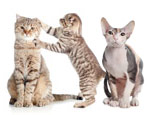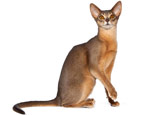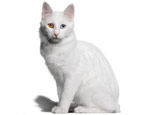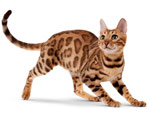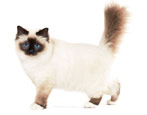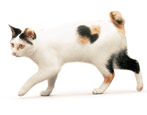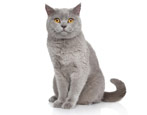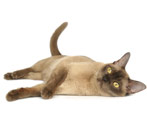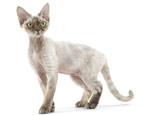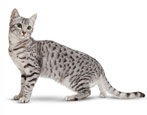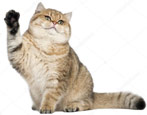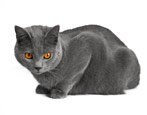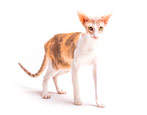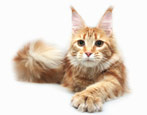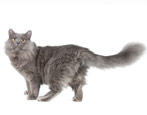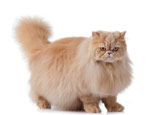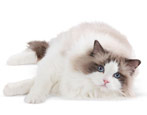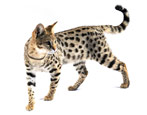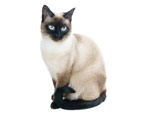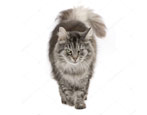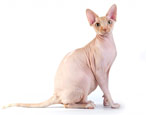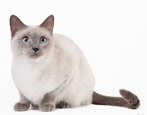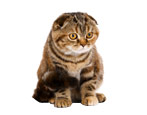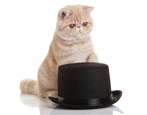How to feed British cats?
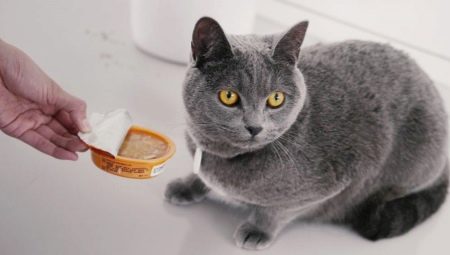
The British cat breed was bred by man. Like all artificially synthesized species, they have low immunity and complete dependence on humans. That is why the representatives of the British breed need special care and nutrition. In the first days of life, the kitten feeds exclusively on mother's milk, and from the third week, complementary foods begin. In the future, the list of products is expanding and by one year, the pet completely switches to food for adults 2 times a day.
Further changes in diet will occur in old age, after 8-9 years of age, or if your pet gains excess weight. Experienced breeders know that natural food is the best food for British cats. However, in the modern world, with its rooted rhythm of life, it often takes a lot of time, so the optimal combination of wet and dry food with natural products. Let's take a closer look at all the feeding options.
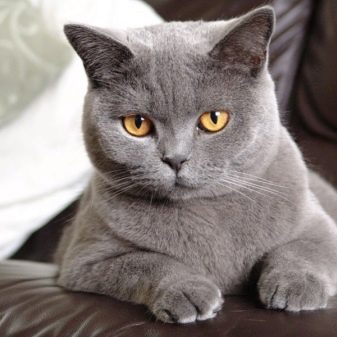
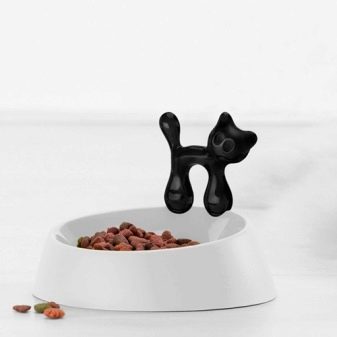
Rules for feeding natural food
The basic requirements for natural products should be considered. Find out what is allowed to the British and what is strictly prohibited. You will learn a description of the products that are introduced into the diet of cats over one year old and what delicacies you can pamper your pet with.
Meat
In their natural habitat, all cats are predators, so meat is the basis of their diet. Choose low-fat varieties such as beef, rabbit, and farm chicken. Never use pork. Its excess fat and calorie content will quickly lead to obesity of your pet. The meat is given fresh. To avoid contamination with various parasites, this product must be frozen for 24 hours. After defrosting, it is best to make minced meat. For the little ones, pass the meat through a meat grinder 2 times for a softer consistency.
Before serving a treat to your pet, you need to pour boiling water over the meat. So the food takes on a form similar to industrial canned food, it will be easier for the Briton to eat it. Meat in a cat's diet should be present daily. If you want to diversify the taste of your pet, you can add offal: heart, liver, lungs.
Be sure to pre-freeze them and pour boiling water over them.
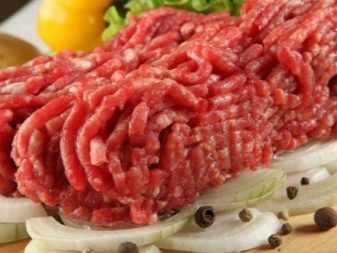
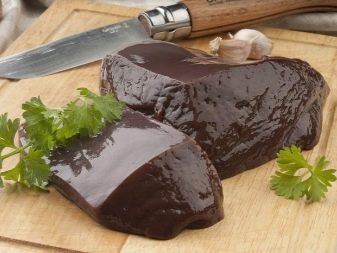
A fish
British cats are not averse to indulging in delicious fish. Choose from marine and oceanic representatives. Do not take river fish, as it contains many small bones that can damage your pet. Scale the carcass and form a fillet. Be sure to remove all bones. Dip the slices in boiling water for 10-15 minutes and cool. Fish is given about 2-3 times a week.
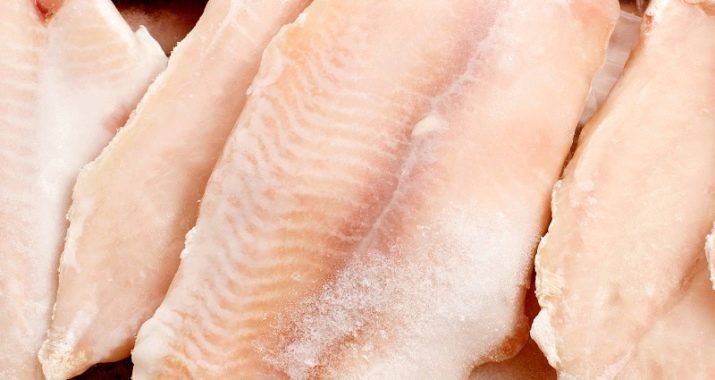
Porridge
Cereals contain the necessary complex carbohydrates, as well as B vitamins, so their inclusion in the diet is considered mandatory. Cats willingly eat buckwheat, oatmeal, rice, barley.... They are pre-boiled in lightly salted water.
Porridge is used 3-4 times a week.
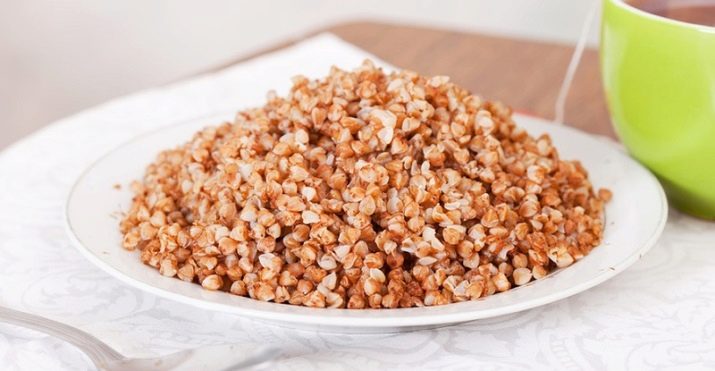
Vegetables and fruits
A varied menu for your pet is a guarantee of a long and healthy life. Vegetables help restore vitamin and carbohydrate deficiencies. You should know that the use of potatoes, onions, and herbs is strictly prohibited. Cats eat well various types of cabbage, cucumbers, zucchini, as well as carrots and beets. Vegetables should be included in the diet about 3-4 times a week.
Select fruits individually. Use unsweetened fruits no more than once a week.
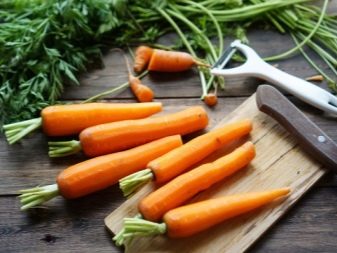
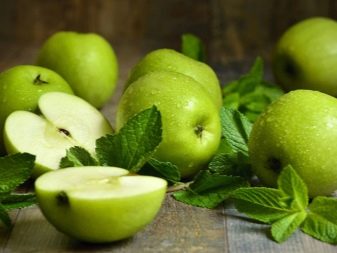
Dairy products
Whole cow's milk is given to kittens up to one year old. Older individuals do not need it, as it often causes diseases of the gastrointestinal tract. However, dairy products are an essential source of calcium and animal protein. Include in the diet kefir, cream, fermented baked milk, cottage cheese without additional ingredients in the form of sweeteners, pieces of fruit, preservatives. All this should have a low percentage of fat. On average, fermented milk products are needed 2-3 times a week. Of the additional products, they give the yolk of a chicken or quail egg, greens in the form of fresh grass. You can grow it yourself or buy it from a veterinary pharmacy.
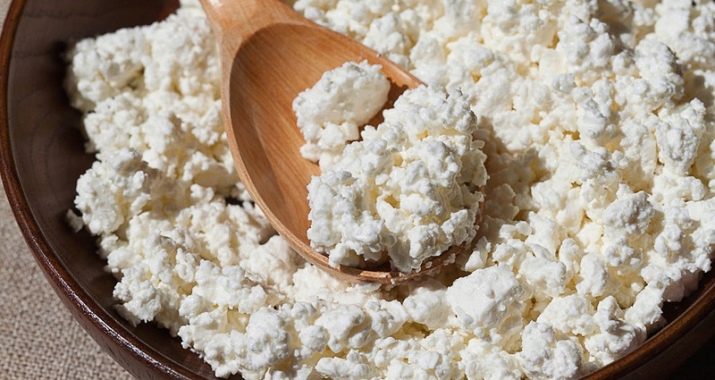
What kind of food to give?
To date, feed manufacturers have created several food lines. For cats of the British breed, premium-class feeds from Bosch, Innova Evo, Royal Canin (foreign production), Hill's, Iams Cat, Orijen, Acana, Farmina, Go, Optimal, Pro Plan are used - and other dry feeds every day. Canned meat should be selected by age. And you can also use baby food "Agusha", "Babushkino basket", "Tema". Choose preserves from the same manufacturer as the main food. Experienced breeders do not recommend a combination of natural and dry feed.
Keep in mind, however, that commercial foods do not provide your cat with a full complement of vitamins, minerals, proteins, fats and carbohydrates.
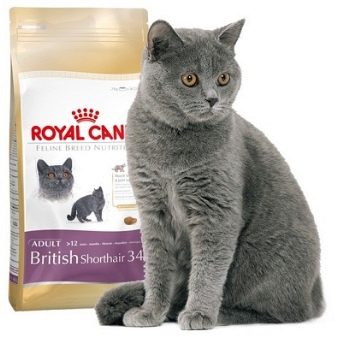
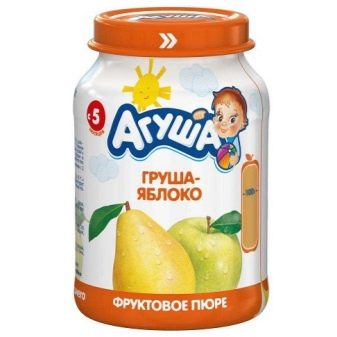
Diet and diet
The basis of the diet can be both natural and dry food. In some cases, a combination of them is possible. Remember that when breastfeeding it is necessary to supplement with fresh grass or special fiber. There are no problems when using industrially produced food for feeding cats. For this very reason, many people transfer their pets to such a menu. However, natural food is much more familiar to cats.
Do not worry that it is too difficult, because at home it is very easy to create a delicious menu and feed British cats. The diet includes permitted foods, pamper the pet with his favorite dishes.
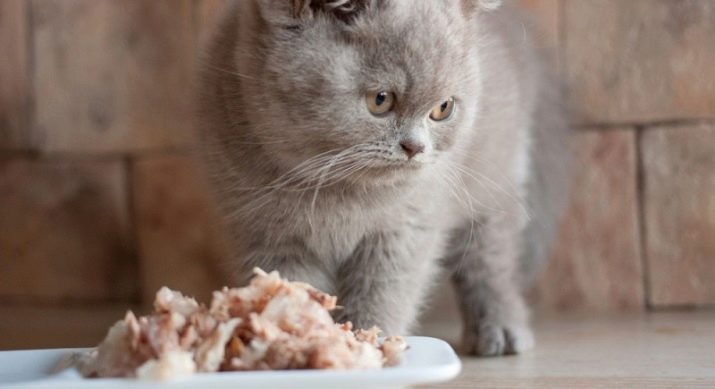
Cats over one year old eat 2 times a day.At the same time, meat or offal is given at each meal. Combine with vegetables 3-4 times: pumpkin, carrots, various types of cabbage, or with cereals 3-4 times a week: buckwheat, barley, oatmeal. It is imperative to take a weekly sea fish, it is advisable to use fillets. Fresh herb or dry fiber is given once a day. Natural herbs are ground with a blender.
Milk is not worth giving, but various fermented milk products will become an exquisite dish for your Briton. Do not give your cats baked goods, chocolate, and various confectionery sweets. Fruit should be included in the diet no more than once a week. Vitamins and minerals are given only with the permission of the veterinarian. Most often they are required in the spring.
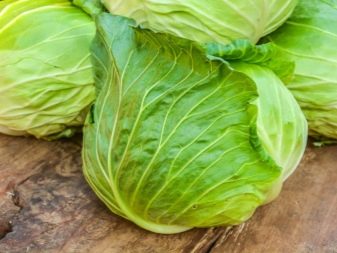
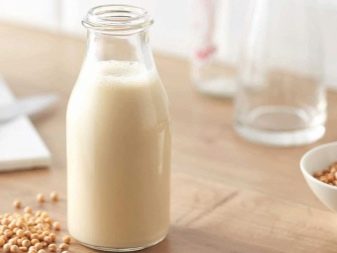
Diet of a pregnant cat
Pregnancy is a very important period in the life of every British cat. It is very important to maintain the correct menu, while avoiding excess calories.... If you systematically overfeed your pet, this will lead to a large growth of kittens and to the fact that complications may arise during childbirth.... Vitamins should not be given either, as their excessive accumulation in the cat's body can also damage kittens.
If your cat eats dry food, then it is considered mandatory to switch to special food for pregnant women. They can be found from any manufacturer.
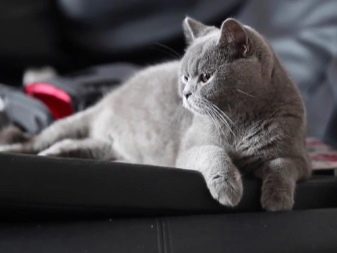
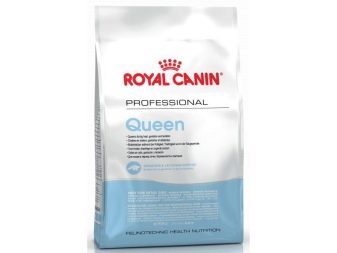
Diet for elderly pets
Remember that the older the cat, the less it moves, therefore, the calorie content of the diet should be reduced to prevent the development of obesity. If you feed your pet dry food, transfer it to a special line for seniors. The manufacturer Hill's has such a power system. For breastfeeding, consult your veterinarian for a competent transition to dry food. If you do not want to do this, then reduce the amount of animal fats in the pet's menu, while increasing the amount of vegetables, herbs, fiber.
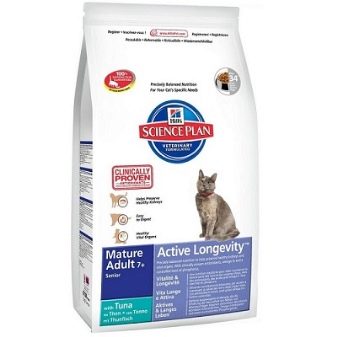
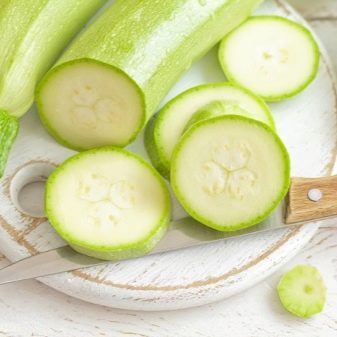
Menus for neutered cats and neutered cats
Such representatives of the British are very lazy and inactive, which must be taken into account when choosing a pet's diet. If you decide to use dry food, then it is just worth choosing the appropriate product line from your favorite manufacturer. When feeding with natural products, you need to reduce the amount of fatty foods. Introduce an additional portion of fish, dairy products into the diet. For meat, use beef, chicken, rabbit. Watch carefully so that your pet does not start gaining weight.
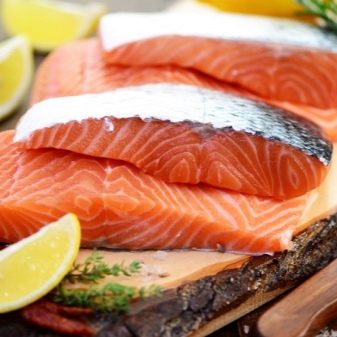
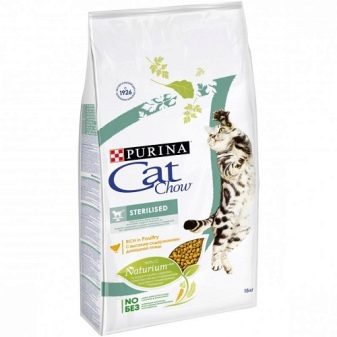
Prohibited Products
For a competent diet, you should know the list of prohibited foods, which will help not to harm your pet. The use of the following products is strictly prohibited:
- fresh meat;
- pork is too fatty product, rich in pathogens;
- river fish, as it contains small bones that can injure;
- milk;
- onions, potatoes and herbs - contain substances toxic to cats;
- confectionery;
- salted, smoked products;
- dry food, canned food, preserves produced by Whiskas, KiteKat, Friskies, since they use cheap products that, when processed, turn into carcinogens.
These products should not be fed to the British, as it will immediately affect their health, can lead to obesity and infection with bacteria. You should not feed your favorites with human food. Salty or smoked ingredients will cause gastrointestinal disruption.
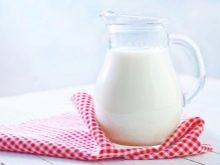
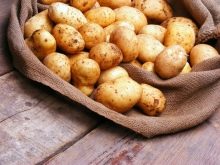

Veterinarian advice
The main advice you can hear from veterinarians is not to overfeed your Britons. The calorie content of 300 kcal per day ensures physical activity, good health, and does not allow the pet to be overfed. A careful balance of protein, fat and carbohydrates, and micronutrients is essential to maintain the health and development of your cat. Remember, in addition to quality food, your pet should always have access to clean water.... Use a separate bowl and change the water at least once a day. It is best if it is a liquid purified through a filter. But it is not recommended to use boiled water, since it lacks important elements.
Do not get carried away with vitamins and food supplements. Dry food has already been enriched with the necessary substances. With natural feeding, it is most often recommended to take vitamins in the spring or during illness. The most commonly prescribed drug is "Kitzim". It is based on brewer's yeast and contains a complete list of B vitamins, as well as some minerals: calcium, phosphorus, iron, manganese. Well-fed representatives of the British breed are immediately put on a diet by veterinarians.
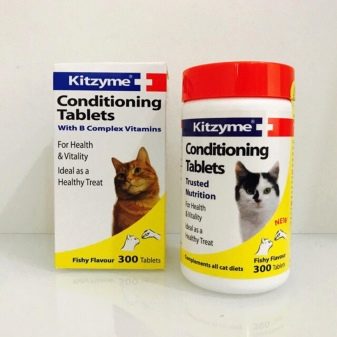
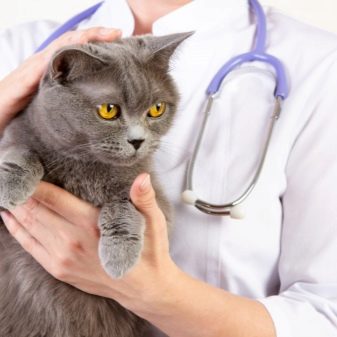
For these cases, dry food manufacturers have developed special low-calorie foods. At the same time, the number of feedings is limited, strictly 2 times a day, no more than 70 g of feed, feeding from a common table is prohibited.
For information on how to feed British cats, see the next video.
